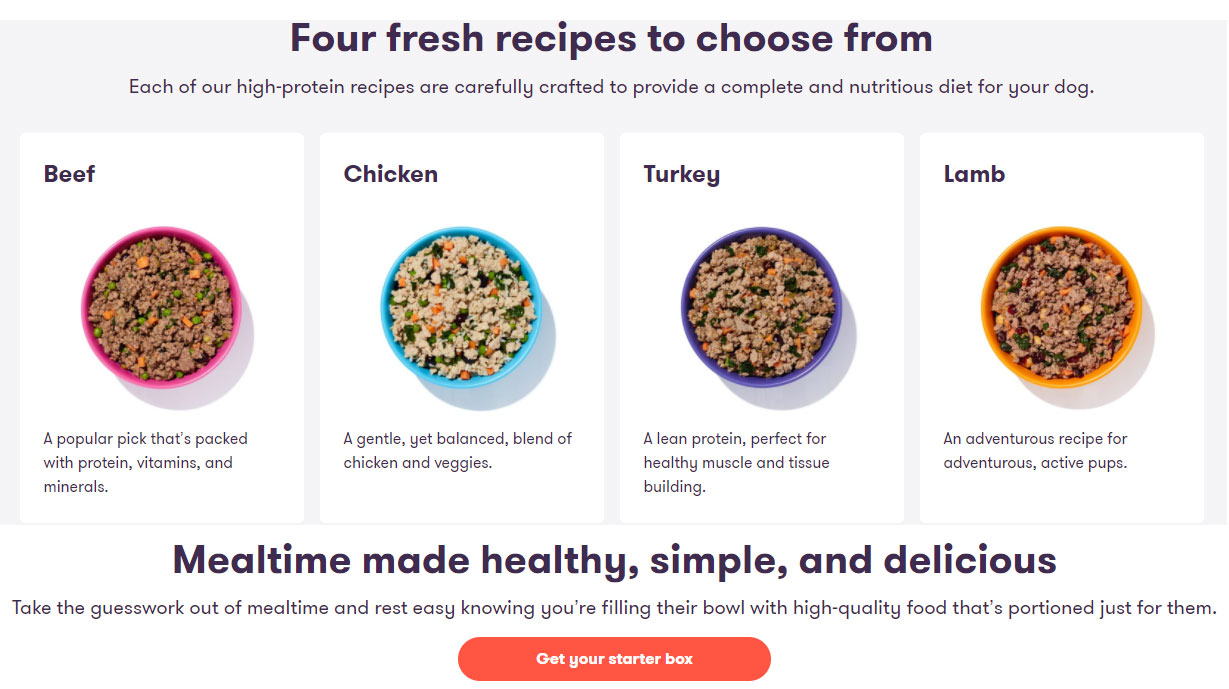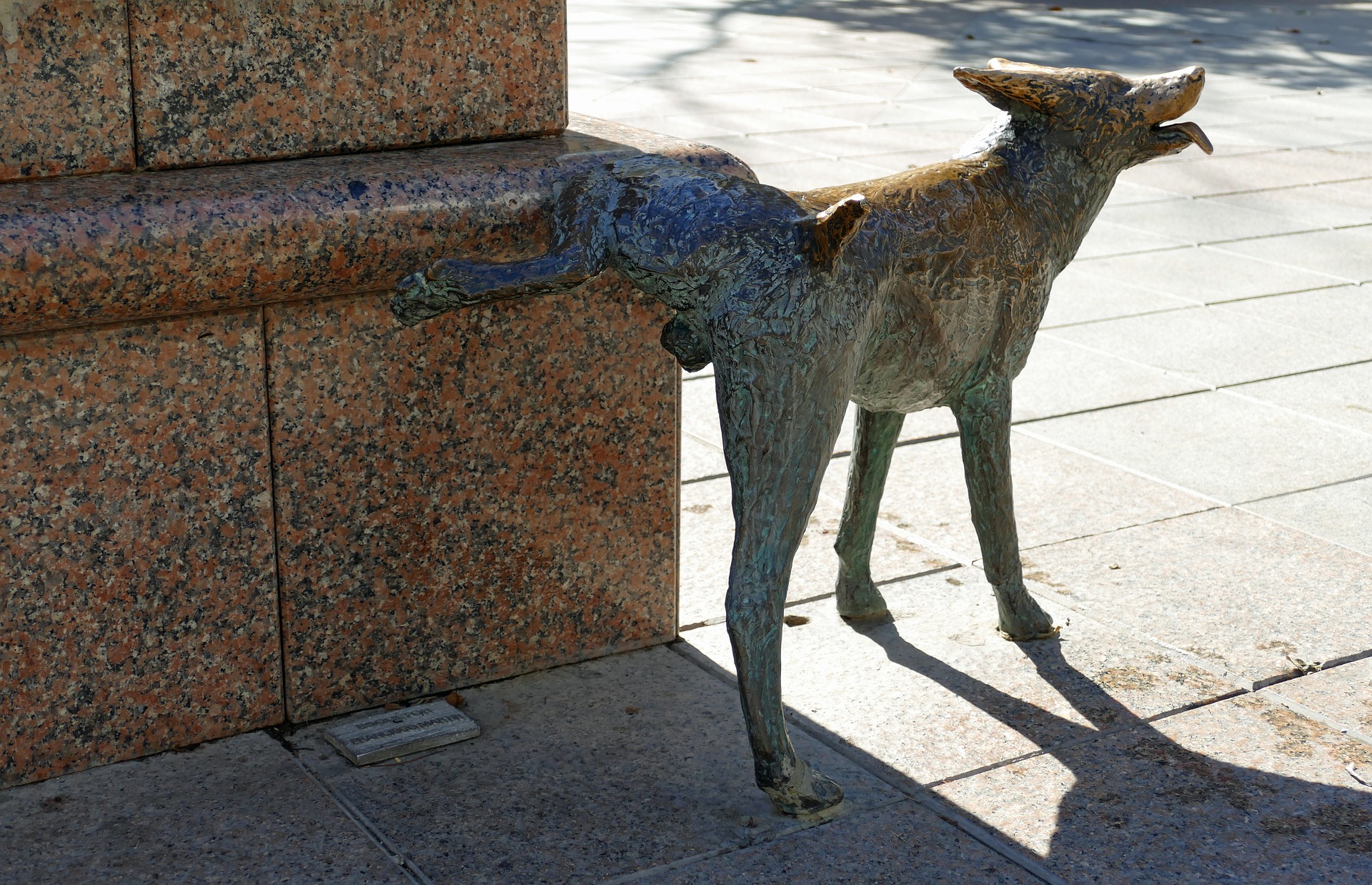How to treat urinary tract infections in dogs
Although urinary tract problems are less common in dogs than in cats, they are still common health problems, and diet has a considerable impact on them. To prevent urinary tract problems, it is essential to provide your dog with a healthy diet that is adapted to his age, lifestyle and general health.
In addition, your dog's diet also plays a significant role in his daily well-being and long-term health. It is therefore important to feed your dog correctly to avoid small problems and more serious disorders, to significantly extend his life expectancy, as well as to save on veterinary expenses.
The urinary system of the dog
The urinary system of the dog is composed of a set of organs segmented into two parts: the upper urinary tract and the lower urinary tract. The upper urinary tract consists of the kidneys and ureters, which produce urine and transport it to the bladder, and the lower urinary tract consists of the bladder and urethra, which store and excrete urine.
The kidneys are vital organs, whose role is both to detoxify the body by filtering waste products from the blood and to regulate homeostasis (water content). The kidneys also have a more secondary role, that of metabolizing vitamin D and producing hormones involved in the regulation of blood pressure and the creation of red blood cells.
Although our dog friends can live with only one functional kidney, these organs are still essential to their survival. The ureters are ducts that allow the urine produced by the kidneys during the detoxification of the blood to circulate towards the bladder.
More than just ducts, the ureters have muscular walls that contract to push the urine toward the bladder. The bladder is a cavity that collects urine and stores it until the dog decides to pass it at the appropriate time.
Urination (the act of passing urine) is performed by the detrusor, one of the muscles located in the wall of the bladder. This contraction is a visceral reflex, triggered automatically by nerve fibers when the bladder is full.
This is why puppies are not toilet trained: like humans, they learn with age to inhibit this reflex to hold themselves back. This is called continence and toilet training. Finally, the lower urinary tract ends in the urethra, a channel that allows urine to be expelled from the dog's body during urination.
Urination is controlled by a sphincter, a circular muscle that surrounds the urethra and keeps it closed by constant contraction.

Urinary disorders in dogs
The various organs that make up the dog's urinary system are at risk of infection and inflammation that can quickly become widespread. When they are serious or not treated in time, these disorders can lead to the malfunction of one or more organs of the urinary system.
Since these organs are simply irreplaceable, it is crucial to keep them in good working order to prevent your four-legged friend from suffering from sometimes lethal health problems. Renal failure is a kidney dysfunction that can have a dramatic outcome in dogs.
Although kidney failure can have many different causes, diet plays a significant role in its prevention, especially in reducing the risk of your pet developing kidney stones, which can be one of the causes. Kidney stones are an extremely common disorder of the urinary tract, often caused by a diet that is too basic and too dry.

What diet should I give my dog to prevent urinary problems?
A healthy diet helps maintain a healthy urinary tract, but also slows down the degradation of already damaged organs, especially in the case of kidney failure. Ideally, you should always feed your dog premium quality food, i.e. food made from quality ingredients that are as unprocessed as possible and adapted to his nutritional needs.
Premium foods specifically designed for dogs with a fragile urinary system are formulated to prevent the formation of stones in your dog's kidneys or bladder. Stones can have serious effects on your dog's health if not treated in time.
While recovery is good if treated early, recurrence is very common, which is why proper nutrition is even more important for dogs that have already developed this condition. To preserve kidney function and reduce the risk of developing urinary stones, your dog's diet should be rich in highly digestible proteins, low in phosphorus and salt, and high in omega-3 and fiber.
High quality proteins are easier to digest. They relieve fragile kidneys and increase the life span of healthy kidneys. Fiber slows down digestion, which helps animals control their appetite and fight against overweight, which is a factor that favors urinary system diseases.
Finally, water is very important to the health of the urinary tract, and your dog should always have an unlimited supply. So, if your dog drinks little and is prone to urinary tract disease (elderly, poorly neutered, certain breeds such as the Schnauzer, etc.) it is important to encourage him to stay hydrated.
To do this, it may be necessary to opt for a mixed diet combining kibble (for the maintenance of its teeth) and pate, the latter being composed largely of water. A dog's urinary tract is fragile, and its proper functioning is greatly influenced by the quality of the food you give your dog.
If the BARF diet or homemade rations are in fashion lately, premium medicalized industrial foods are often better choices for fragile or at-risk animals. Despite the detractors of industrial food, we are forced to recognize that, when it is of high quality, it is perfectly adapted to the needs of our dogs and can be much more beneficial to their health than risky home recipes...


